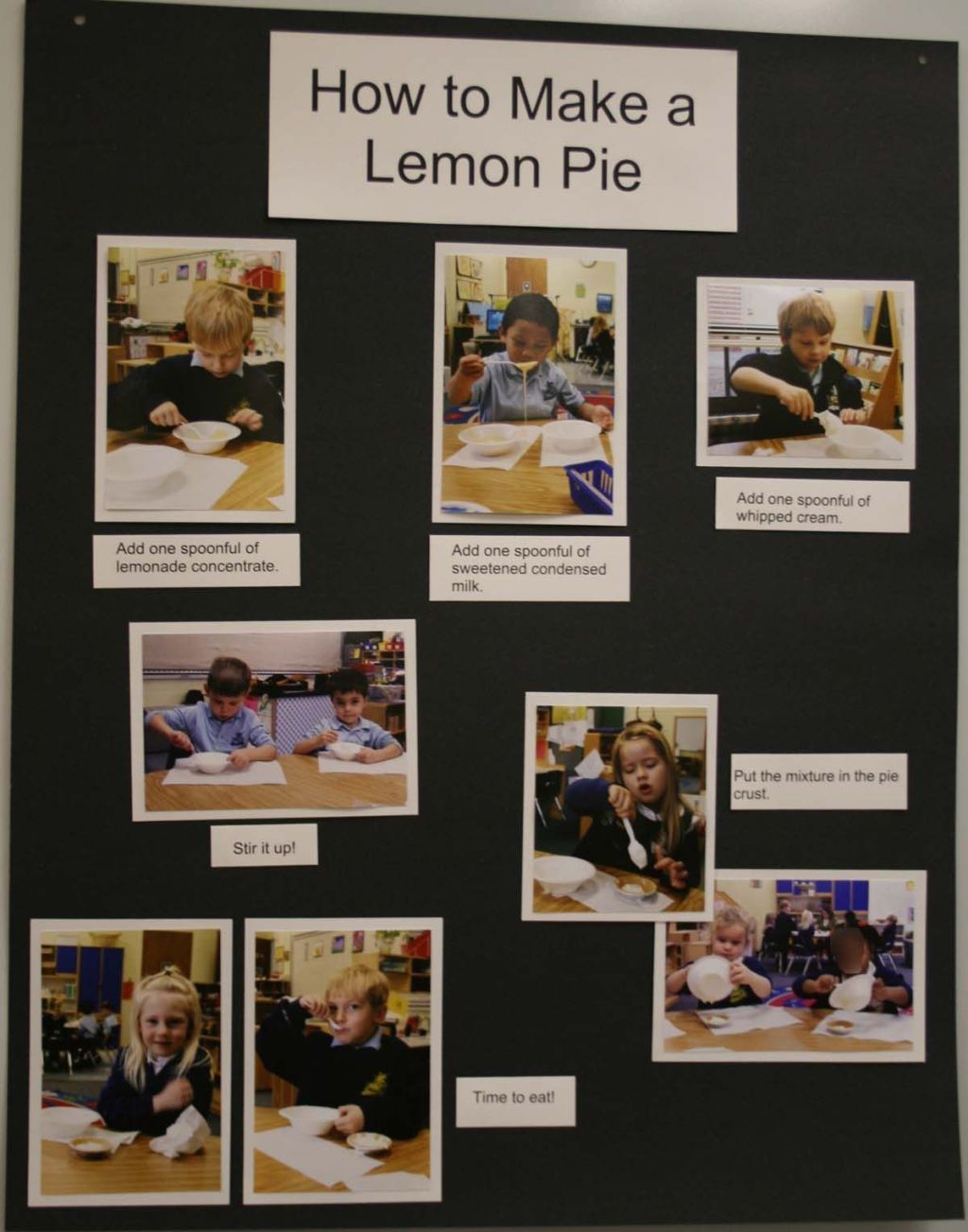Reggio Emilia schools are well-known for their unique and innovative approach to education, which values the potential of every child and emphasizes collaboration, exploration, and creativity. One key element of Reggio Emilia schools is the use of documentation panels.
Documentation panels play a crucial role in the Reggio Emilia approach as they serve as a visual representation of children’s learning processes and experiences. These panels typically include photographs, quotes from children or teachers, artwork, projects, and other artifacts that showcase the journey of a particular project or topic of study. They help make children’s thinking visible and provide opportunities for reflection and further exploration.
Atelieristas play an essential role in supporting the creation of documentation panels. Atelieristas are skilled artists who work closely with both teachers and students to facilitate artistic experiences and projects. They help capture children’s ideas through various art forms and assist in curating documentation panels that reflect the richness of children’s learning journeys.
Parent involvement is another key aspect of Reggio Emilia schools. Parents are seen as partners in their child’s education journey, actively engaged in school activities, projects, discussions, and decision-making processes. This collaborative approach helps create a strong sense of community within the school environment.
The Reggio Emilia approach extends beyond traditional classroom settings to embrace outdoor education as well. Nature plays a significant role in children’s learning experiences, offering endless opportunities for exploration, discovery, and sensory stimulation. Outdoor spaces are considered an extension of the classroom where children can engage with nature firsthand.
While technology is not at the forefront of Reggio Emilia philosophy, there is room for its integration when used purposefully to enhance learning experiences. Teachers strive to strike a balance between technology use and hands-on experiential learning opportunities to maintain focus on creativity, critical thinking skills development rather than passive consumption.
Professional development for teachers is paramount in implementing the Reggio Emilia philosophy effectively. Continuous training workshops focusing on observation skills enhancement understanding child development principles help educators better support student-led inquiry-based learning methodologies advocated by this educational approach.
Incorporating social-emotional learning principles into daily practices is central to fostering holistic growth among students following the Reggio Emilia model Children learn empathy communication teamwork through collaborative projects group discussions reflective practices that promote self-awareness emotional regulation skills
Children with special needs are fully embraced supported within Reggio Emilia schools Specialized educators collaborate closely with families professionals develop individualized plans catered meet diverse needs ensuring each child receives equitable access high-quality education tailored their specific requirements
Sustainability environmental education deeply woven into fabric curriculum design within Reggio Inspired schools Children encouraged explore natural world develop appreciation respect planet through hands-on experiences such gardening recycling initiatives local community partnerships promoting eco-conscious mindset early age
Loose parts open-ended materials play pivotal role encouraging creativity imagination problem-solving skills among young learners Within Reggio classrooms loose parts materials like wooden blocks shells fabrics feathers encourage open-ended experimentation construction sparking curiosity innovation among students
Classroom design carefully thought-out intentionally constructed optimize students’ engagement interaction Collaboration spaces cozy reading nooks natural light elements incorporated create warm inviting atmosphere conducive active participation inquiry-based exploration
Assessment evaluation approached formative manner within context allowing educators continuously observe document track progress understand areas improvement necessary adjustments Made visible process involves ongoing reflections conversations stakeholders including parents students inform teaching practices positively impact student outcomes
Diversity multiculturalism celebrated valued core tenets Reggio-inspired educational environments Students exposed variety perspectives cultures traditions foster inclusive respectful communities embrace differences promote global citizenship awareness empathy among learners
Project-based learning cornerstone pedagogy guides teaching-learning process within setting Educators facilitate long-term investigations based interests questions discoveries made by students Encouraging deep dive topics interdisciplinary connections real-world applications critical thinking problem-solving abilities nurtured throughout project duration
Community plays vital role shaping culture ethos school environment Collaborations local organizations businesses government entities offer rich opportunities extend learning beyond walls classroom Engagements community members experts mentors broadens horizons provides diverse perspectives enhances overall educational experience learners
Play regarded essential vehicle learning exploring developing ideas emotions relationships According Vygotsky play serves tool cognitive developmental advancement enabling children experiment new roles scenarios test boundaries express thoughts feelings interact peers adults safe supportive environment
Implementing emergent curriculum principles entails responding adapting changing interests needs capacities capabilities learners Teachers act facilitators co-constructors knowledge alongside students Guided observations assessments instruction evolves organically according emerging themes inquiries discoveries class interactions reflecting dynamic nature teaching-learning process
“The hundred languages” concept refers idea multiple ways knowing expressing communicating exist individuals Recognizing acknowledging diversity strengths preferences learners fosters inclusive empowering educational environments allowing each child opportunity shine own unique way contribute collective body knowledge enrich overall classroom experience
Integrating nature-based elements adds depth richness regio inspired environments Providing access natural materials outdoor spaces garden areas animals plants water features offers tactile sensorial experiences promotes connection appreciation natural world nurturing environmentally conscious mindset future generations fostered early years

Leave a comment